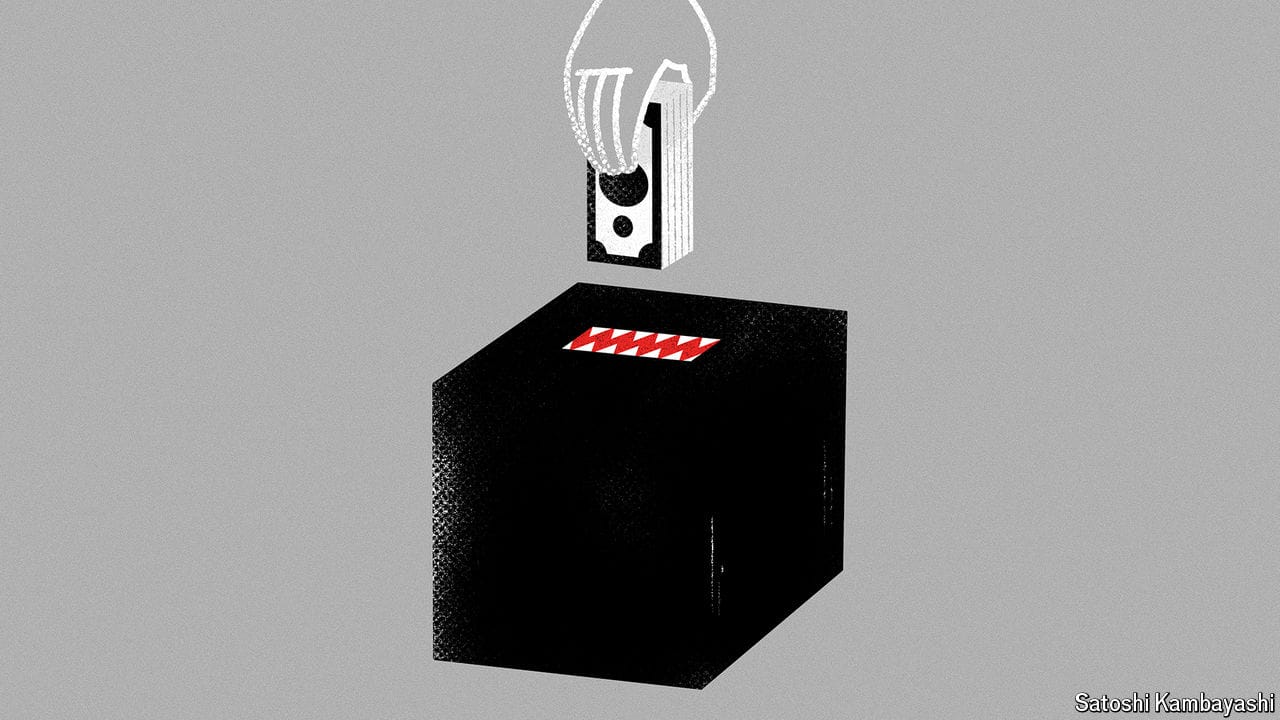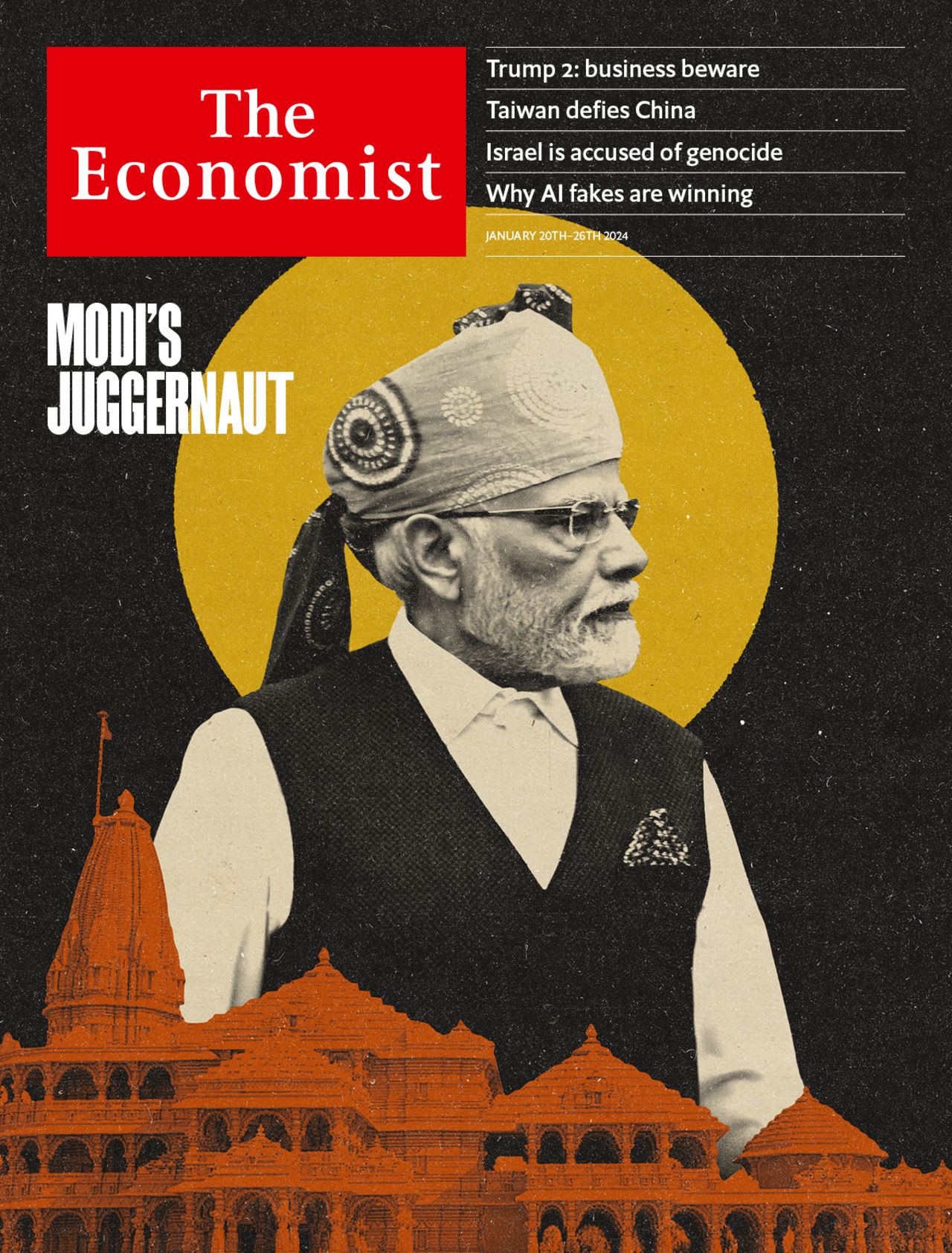What economists have learnt from the post-pandemic business cycle
The curious and furious recovery has brought some old ideas back to the fore

Science advances one funeral at a time, to paraphrase Max Planck. The Nobel prize-winning physicist was arguing that new ideas in his field would only catch on once the advocates of older ones died off. With a little adaptation he could have been describing the dismal science, too: economics advances one crisis at a time. The Depression provided fertile soil in which John Maynard Keynes’s theories could grow; the Great Inflation of the 1970s spread Milton Friedman’s monetarist ideas; the global financial crisis of 2007-09 spurred interest in credit and banking.
Explore more
This article appeared in the Finance & economics section of the print edition under the headline “Discoveries from the recovery”
Finance & economics January 20th 2024
- How strong is India’s economy under Narendra Modi?
- The countries which raised rates first are now cutting them
- Ted Pick takes charge of Morgan Stanley
- Australian houses are less affordable than they have been in decades
- China’s population is shrinking and its economy is losing ground
- Wall Street is praying firms will start going public again
- The Middle East faces economic chaos
- What economists have learnt from the post-pandemic business cycle
More from Finance and economics

China’s last boomtowns show rapid growth is still possible
All it takes is for the state to work with the market

What the war on tourism gets wrong
Visitors are a boon, if managed wisely

Why investors are unwise to bet on elections
Turning a profit from political news is a lot harder than it looks
Revisiting the work of Donald Harris, father of Kamala
The combative Marxist economist focused on questions related to growth
Donald Trump wants a weaker dollar. What are his options?
All come with their own drawbacks
Why is Xi Jinping building secret commodity stockpiles?
Vast new holdings of grain, natural gas and oil suggest trouble ahead
